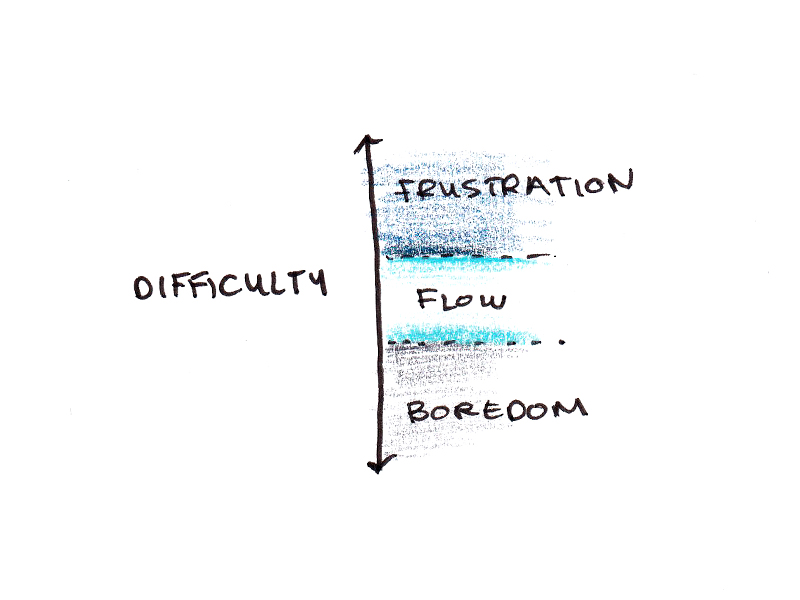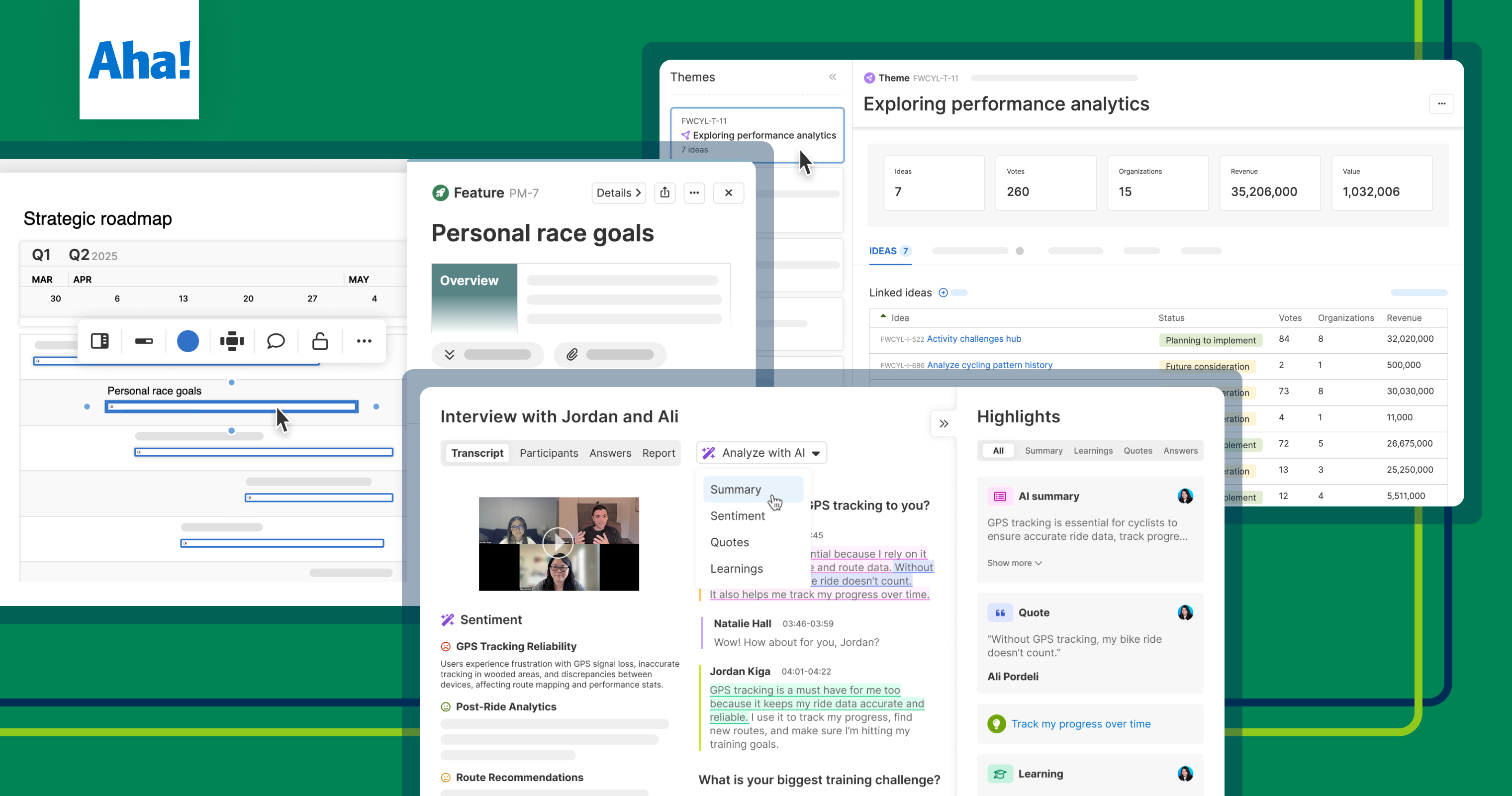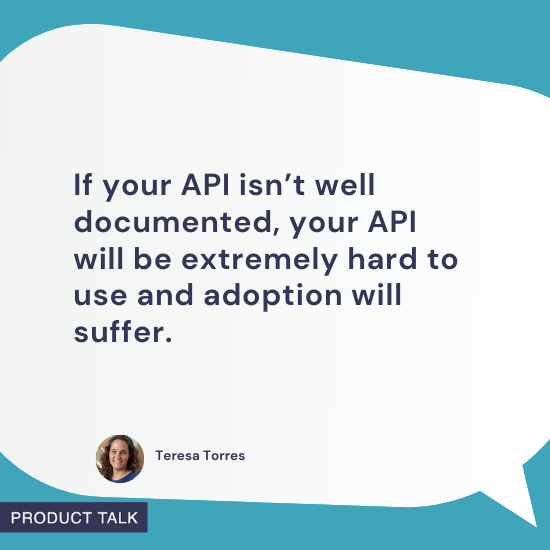coworker is making our friend break-up really weird, LinkedIn sob stories, and more
This post was written by Alison Green and published on Ask a Manager. It’s five answers to five questions. Here we go… 1. My coworker is making our friend break-up really weird I have a coworker who I was friends with outside of work for about a year. Due to various issues inside and outside of work (complaining about coworkers over Teams, asking the same basic questions over […]

This post was written by Alison Green and published on Ask a Manager.
It’s five answers to five questions. Here we go…
1. My coworker is making our friend break-up really weird
I have a coworker who I was friends with outside of work for about a year. Due to various issues inside and outside of work (complaining about coworkers over Teams, asking the same basic questions over and over, not doing any bare-minimum problem-solving before asking for help, expecting a lot of emotional support while not providing it back, and just a lot of emotional immaturity), I ended our friendship last July with no possibility of being friends again. We’re in the same department and have almost identical schedules, so we still have to interact every day. Our managers are aware we were friends and I had issues with him, though I protected him maybe more than I should have and didn’t say anything about his complaining about coworkers. I had one issue with him right after ending the friendship where he was monitoring my breaks and tried to confront me on Teams. I went to management about it and haven’t had any other similar issues.
He does still act really weird around me, though. He won’t make eye contact, he flinches when he sees me and doesn’t expect to or shrinks up when he walks past me like he’s expecting me to lash out, and will only talk to me over Teams, even to say thanks for helping him with something. He’s asked another coworker how to “get over his fear of another coworker.” I’ve never threatened him or even raised my voice at him. Right before I ended the friendship I snapped at him once and was irritable with him, but I’ve never been particularly mean and since ending the friendship I’ve been professional, though not very warm. I assume he’s scared that I’ll try to get him fired since I know he’s particularly anxious about that (asking me for constant reassurance about any judgment call or small mistake was one of my big issues with him).
I’ve just been kind of rolling my eyes internally at his behavior, but it’s been months and it’s getting old. His communication with me is pretty inefficient, but overall it doesn’t hinder my work that much and seemingly vice versa. I don’t avoid any of my job duties that involve interacting with him. However, whenever something comes up in our work where he needs to be corrected, I don’t feel like I can go to him directly (I don’t supervise him but I outrank him and there are forms he sometimes has to fill out that go to me). When I was friends with him, if I asked him to communicate with me differently or set some kind of boundary, it would just make him more nervous and he would either avoid me or ask for more reassurance. I don’t really think that asking him to act normal around me will help. Is there anything I can really do at this point? Or do I just have to accept this as part of the job now?
It doesn’t sounds like there’s anything you need to do (or could do, for that matter). In fact, this is a situation where, if you let it, the burden can be all on your coworker’s side. He’s the one feeling weird and anxious and flinching when he sees you … but you can just carry on as usual and let him feel however he’s going to feel about that. I know that’s easier said than done — when someone is reacting to you like this it’s hard not to think you have to modify your own behavior in some way — but you actually don’t! You can operate completely normally. For example, if you need to give him feedback, give him feedback. If he has feelings about that, so be it. As long as he’s not getting in the way of you doing your job, the best approach is to just decline to tiptoe around whatever is going on with him.
If it does get to the point where it’s affecting your work or his, that’ something you’d need to raise with his manager. But otherwise, operate the way you normally would and let him deal with that however he’s going to deal with it.
2. My job is really flexible but it also sucks — is it time to go?
I work remotely for a very small federally funded nonprofit, in a position that’s a step below my skillset and pay grade, with no upward mobility. I started it two years ago when I was desperate to find anything while unemployed. It’s not challenging or interesting, but I’ve really liked the people I worked under and the company’s mission, and I can perform most of the functions in my sleep. The hours are flexible enough that so long as I’m available 10 to 6, it doesn’t matter if I don’t log in right on the hour or a little later, or take time during the day to run a short errand. I’ve been content to hang around however long they needed me, even though I’ve been bored out of my skull and could really use a pay bump. My wife makes enough that we aren’t in the hole every paycheck, but only just barely — we have no savings.
In the past few months, both people I’d been working under have left, and this has resulted in a culture shift. I still have some of the same flexibility as before, but the new department head has a more traditional management and communication style than I’m used to. I’ve gone from communicating mostly through Slack and email to getting phone calls out of the blue and my days filled with Zoom meetings, and I’m shocked at how miserable even that shift is making me. I’ve also been feeling overly scrutinized, any questions I have are met with condescension and the implication I should know the answer already, and today I was given a new duty that is way out of my skillset that I would have never in a million years signed up to do (and when I voiced my discomfort I was told, “You just have to practice and you’ll get good at it”).
I have a feeling it might be time to move on and find something more along my desired career path — but when I brought it up to my wife, the idea of potentially disrupting our fragile financial stability by changing jobs really freaked her out, so I don’t have anyone to bounce my thoughts off of. (Not to mention any time now the DOGE axe could fall on our only funding source, and then the decision will be made for me.)
I’ve been pretty spoiled with how easy and flexible this job has been so far, even with all the changes. What if all the things I’m starting to hate at my current job are just what I’d be dealing with at the next job anyway? I have no official educational background in my field (just experience), some major knowledge gaps, and am very out of practice after languishing for two years. Do I really want to leave my organization in the lurch and run all the risks that taking a new job entails … for a position I may not even be good at anymore? What if the job I have now is the best I could hope for? Do I suck it up and deal with these changes in exchange for flexibility and a light mental load? Or do I strike out for greener pastures and risk falling on my face in cow dung?
You should job search. The reason you’ve stayed in a job that’s below your qualifications and doesn’t pay enough are now disappearing, so the calculus on this job doesn’t makes sense anymore. Moreover, since job’s funding is now precarious, it would make sense to be looking around at options in case you need them even if you were still super happy with the work and the people. Which you’re not.
Job-searching doesn’t commit you to taking a new job just because it’s offered to you. You can be picky, you can ask probing questions about their culture, and you can do your due diligence to ensure that move is right for you. But given all you described, it would be foolish not to start looking.
3. Reaching out to very old work contacts when I have a serious diagnosis
I’m finishing up treatment for my second cancer in five years. This second (completely different) cancer has a high chance of recurrence in the next two years. So while I’m gaining energy and feeling grateful for still living on the planet, I’m also thinking about some past work colleagues. Fortunately, I’ve enjoyed a wonderful 40-year career with some fantastic people who have made a real difference in my life. I would like to reach out to them, somehow.
For the more recent folks in the past 10-15 years or so, I have email addresses and could use this to contact them. Do I just say something like, “Thanks for the impact you’ve had on my life. You have been special to me”? Is this too weird? Too sentimental? The majority of these people have no idea of my fight against cancer.
For the more distant people, from 25-35 years ago, I do not have email addresses. I could possibly figure out mail addresses and send a hard copy letter. Most are retired now. I have not been in contact with some of them for many years. Should I drop off this section of people, as long out of touch colleagues? If not, should I preface a letter with more info, like my career timeline, since I’ve likely not connected with these folks for a few decades? Is it still too weird to reach out to long-lost contacts to say how they improved my work life a long time ago?
I’ve toyed with the idea of hosting a happy hour/afternoon tea for work colleagues and inviting anyone I could contact. I could end the email or letter with this invite. Again, this means people I’ve not been in touch with for at least 10 and possibly 25-30 years. I did not get the opportunity to have a retirement party when I stopped working, so I think that is part of it. I would like to say good bye to these people, but I don’t want to seem morbid or too odd. Your thoughts?
I think contacting any or all of them with a message about the impact they’ve had on your life and/or career would be lovely! You don’t need to explain your health situation, although you can if you want to. You don’t need to include a career timeline for the longer-ago people who won’t know it; you’re not writing to update them on what you’ve done in the last couple of decades, but to tell them about the impact they had on you. (Some of the career timeline stuff might come up organically in doing that, but don’t feel you need to provide your job history just for the sake of catching them up.) That said, if it will take detective work to track down addresses, it might be more practical to leave those people out — but it depends on how strongly you feel about the impact they had on you.
A happy hour or tea is also a nice idea if a lot of the people are local to you. I would probably get back in touch with people first, partly to gauge potential interest, but I don’t think you have to do that first.
4. Do LinkedIn sob stories turn off hiring managers?
Do LinkedIn sob stories turn hiring managers off?
I keep seeing very emotional posts on LinkedIn as people talk of their desperate job searches, mortgages to pay, mouths to feed, with not even a whiff of an interview, despite searching day after day.
As someone who hires people for my own team, I can’t help but think such vulnerability is counterintuitive. Rather than appear as an emotional wreck burnt out from months of fruitless applying, surely it’s more important than ever to keep the game face on and sell your skills with composure.
I want to know (or at least believe) you are ready to hit the ground running, as well as that you want the position I’m offering (not just any job that comes available). I want to hire you because you’re the best person for the job, not because you are about to lose your house.
This isn’t about being cold and callous but, rather, when times are tough, don’t do anything to work further against you. There are other private platforms to vent and fret if needs be.
Yes, this is much more likely to hurt someone’s job search than to help it. Employers want to hire the best person for the job, not the person most in need of it, and candidates who appear bitter, pessimistic, or cynical are making themselves much less appealing. And that’s before we get into making employers worry that there’s some reason that all those other employers have passed on you. (That doesn’t mean there is! But it’s not helpful to raise that question.) It can also make you look like you have poor boundaries regarding what you share online and where you share it.
Yes, this job market sucks and it’s demoralizing to apply for months without getting anywhere, and being unemployed can be incredibly scary and understandably makes people feel desperate. But LinkedIn is not the platform to talk about that; it’s a place to put your best professional foot forward.
Related:
does posting sob stories on LinkedIn hurt your job search?
5. Should my company fly my family to see me during an international assignment?
My company would like me to work in our office in Europe for six months (I am normally based in the U.S.). As part of this, I asked that they cover airfare for my wife and son, since they will need to accompany me (spending six months apart is not in the cards). My company is refusing to cover their airfare. I find this kind of insulting, but I’m wondering if I’m off-base here. Is it common for companies to cover travel expenses for family members on assignments like this?
Some companies do cover travel expenses for spouses and children when you’re on a long-term assignment, but many don’t. Often if they do, the assignment needs to be over a certain period of time (six months is right around the time you often see it kick in, if it’s going to). But I don’t think it’s particularly insulting if it’s not something they do; many companies don’t. That said, if you have flexibility in whether you go or not, you could try making it clear that your ability to accept the assignment would hinge on this.
Alternately, would they pay for you to fly back home a couple of times during that six-month period, instead of flying your family out to you?




































































































![Building A Digital PR Strategy: 10 Essential Steps for Beginners [With Examples]](https://buzzsumo.com/wp-content/uploads/2023/09/Building-A-Digital-PR-Strategy-10-Essential-Steps-for-Beginners-With-Examples-bblog-masthead.jpg)





![How One Brand Solved the Marketing Attribution Puzzle [Video]](https://contentmarketinginstitute.com/wp-content/uploads/2025/03/marketing-attribution-model-600x338.png?#)






























